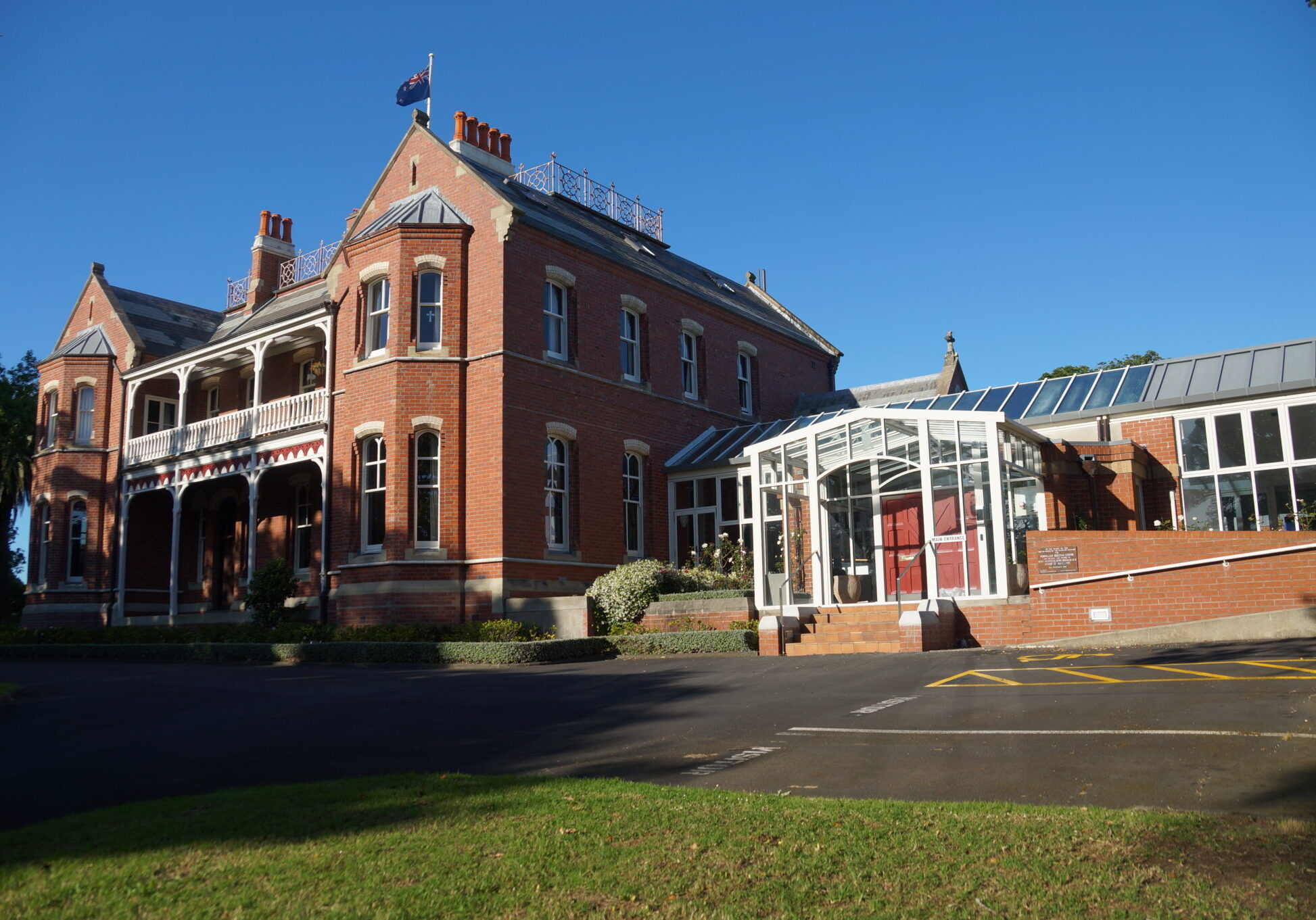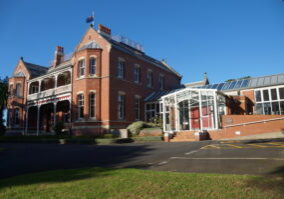Justice and Peace
Ō mātou mahi - Our Mahi
Action on behalf of justice and participation in the transformation of the world fully appears to us as a constitutive dimension of the preaching of the gospel or, in other words, of the church's mission for the redemption of the human race and its liberation from every oppressive situation.
- World Synod of Bishops, Justice in the World, 1971
Justice and Peace Commission
The Justice and Peace Commission, along with Bishop Stephen Lowe and our universal Church, have a vision of action for social justice as integral to our following the Gospel as Catholic Christians. We help proclaim Jesus’ message of freedom and liberation by working for justice in our communities, nation and world. Our vision is shaped by the Scriptures; by a theology of justice, peace and integrity for creation; and by the Catholic Social Teaching of our Popes and Bishops.
Love – Caritas – is an extraordinary force which leads people to opt for courageous and generous engagement in the field of justice and peace.
- Pope Benedict XVI, Caritas in Veritate#1, 2009
The Commission helps the Bishop promote the social teaching of the Church in the areas of justice, peace and the integrity of creation. The Commission strives to live out God’s love by providing resources for justice awareness; initiating and publicising opportunities for action by parishes and individuals; monitoring public policy and making submission where appropriate to local and national bodies.
The Justice and Peace Commission welcomes you to learn about the Commission and its work, find resources for justice education in parishes, learn about justice issues and link to the work of other like-minded justice groups.
The Commission has working Committees in several areas. Current Committees are shown below.
The Commission also maintains a watch for news on other domestic justice issues and international issues.
 Read the Justice and Peace Commission’s response to the disestablishment of Te Aka Whai Ora, Māori Health Authority February 2024
Read the Justice and Peace Commission’s response to the disestablishment of Te Aka Whai Ora, Māori Health Authority February 2024
Click here to read: 'A Needed Voice' Justice and Peace Commission Statement
Vale Fa'anānā Efeso Collins
The Commission remembers Green MP Fa'anānā Efeso Collins : Click here to read Commission Statement in memoriam of Fa'anānā Efeso Collins 2024
Letter from the Catholic Bishops to the Members of Parliament, 13 December 2023
New Zealand’s Catholic bishops have given a copy of their new ethics teaching document Te Kahu o te Ora: A Consistent Ethic of Life to all 123 members of the recently elected 54th Parliament.
Bishop of Auckland Stephen Lowe, the President of the NZ Catholic Bishops Conference, told the MPs in an accompanying letter that the document is a reminder that the political issues dividing the country are all connected. “So too is the solution—a lens that sees all life as sacred taonga.”
The Justice and Peace Commission of the Diocese of Auckland endorses, upholds, and cites ‘Te Kahu o te Ora: A Consistent Ethic of Life,’ as an authentic, contemporary and valuable source of Catholic Social Justice Teaching for Aotearoa, New Zealand.
Click to read : Letter from the Catholic Bishops to members of Parliament 2023
Te Kahu o te Ora: A Consistent Ethic of Life
Click to read full text : Te kahu o te Ora Consistent Ethic of Life
Laudate Deum
The Justice and Peace Commission of the Catholic Diocese of Auckland respond to the release of the ‘Apostolic Exhortation, Laudate Deum of the Holy Father Francis to all people of good will on the climate crisis’.
Justice & Peace Commission Response: Justice & Peace Commission on the release of Laudate Deum
Laudate Deum Full Text: Apostolic Exhortation Laudate Deum of the Holy Father Francis to all people of goodwill on the climate crisis.
Resources
This section contains resources for use by individuals and groups interested in Catholic Social Teaching and social and environmental issues faced by our communities, nation and world.
Files provided are the work of the Justice and Peace Commission, unless otherwise attributed, while external links provide access to other sources of information.




